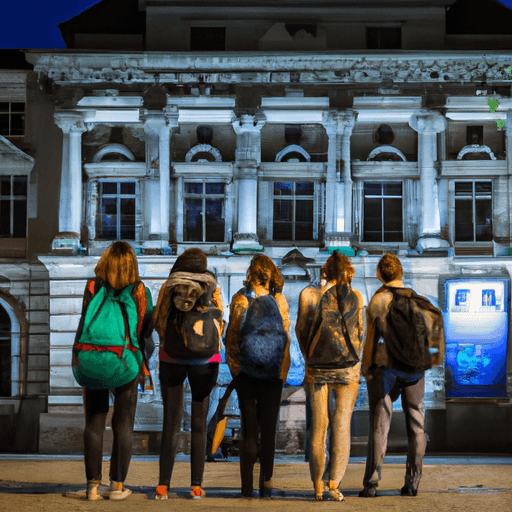The Benefits of Experiential Learning in Education
Experiential learning has become an increasingly important part of the educational landscape. It is a method of teaching that uses real-world experiences to stimulate learning and provide students with meaningful, tangible knowledge. Experiential learning can help to increase student engagement and create meaningful learning experiences that enrich their education. In this article, we will discuss the importance of experiential learning in education, the various types of experiential learning, successful strategies for incorporating experiential learning into the curriculum, and the challenges of implementing it.
The Benefits of Experiential Learning
Experiential learning provides students with a unique opportunity to engage with the material in a hands-on way. It encourages creativity, critical thinking, and problem-solving skills. It also offers the chance for students to apply their knowledge and skills to real-world situations. This gives them the opportunity to make meaningful connections between what they are learning and the larger world around them. Additionally, experiential learning can provide students with a heightened sense of self-confidence in their ability to tackle complex problems.
Experiential learning can be beneficial to students from all backgrounds. It can help to bridge the gap between theory and practice and create an environment in which all students can thrive. Additionally, experiential learning can help to foster a sense of community and collaboration among students.
Types of Experiential Learning
Experiential learning can take many forms, including field trips, service-learning projects, simulations, and internships. Field trips provide students with the opportunity to explore the world around them and gain a deeper understanding of the material they are studying. Service-learning projects allow students to apply their knowledge to real-world situations and work together to make a positive impact. Simulations allow students to explore complex concepts in a safe, controlled environment. Internships provide students with the chance to gain valuable experience in a professional setting.
Successful Experiential Learning Strategies
There are a number of successful experiential learning strategies that have been implemented in schools. For example, some schools have implemented field trips to local museums, historical sites, or other places of interest. Other schools have developed service-learning projects in which students work together to address a pressing social issue. Additionally, some schools have incorporated simulations into their curriculum to help students gain a deeper understanding of the material. Finally, some schools have developed internship programs to give students the opportunity to gain valuable professional experience.
Challenges of Experiential Learning
While experiential learning can be beneficial to students, there are a number of challenges that educators face when incorporating it into the curriculum. One of the main challenges is finding the time and resources to implement experiential learning activities. Additionally, it can be difficult to assess the effectiveness of experiential learning activities and measure student progress. Finally, experiential learning activities can be expensive, requiring schools to find creative ways to fund them.
Recommendations for Implementing Experiential Learning
Educators can successfully implement experiential learning in their classrooms by taking the following steps:
- Focus on creating meaningful experiences for students
- Identify ways to integrate experiential learning into existing curriculum
- Develop partnerships with local organizations to provide students with real-world experiences
- Develop assessments that measure student progress
- Seek out funding opportunities to support experiential learning activities
Experiential learning is an invaluable tool in the educational landscape. It can provide students with meaningful, tangible knowledge and foster a sense of community and collaboration. Through the use of experiential learning strategies, educators can create meaningful learning experiences that enrich their students’ education.


















Comments
Leave a Comment